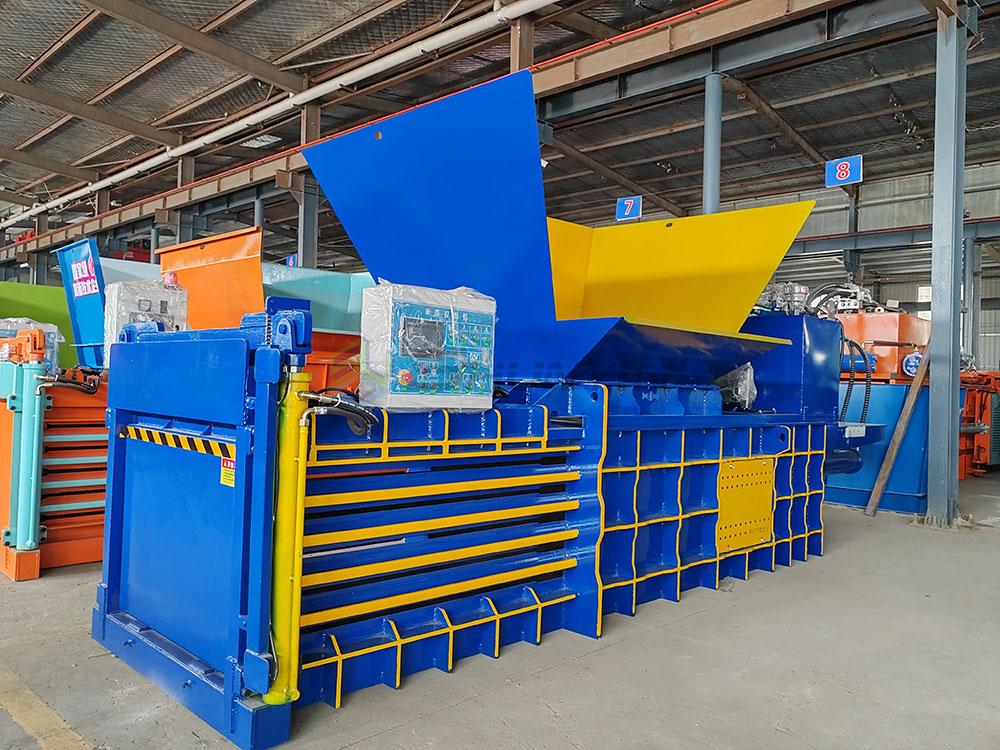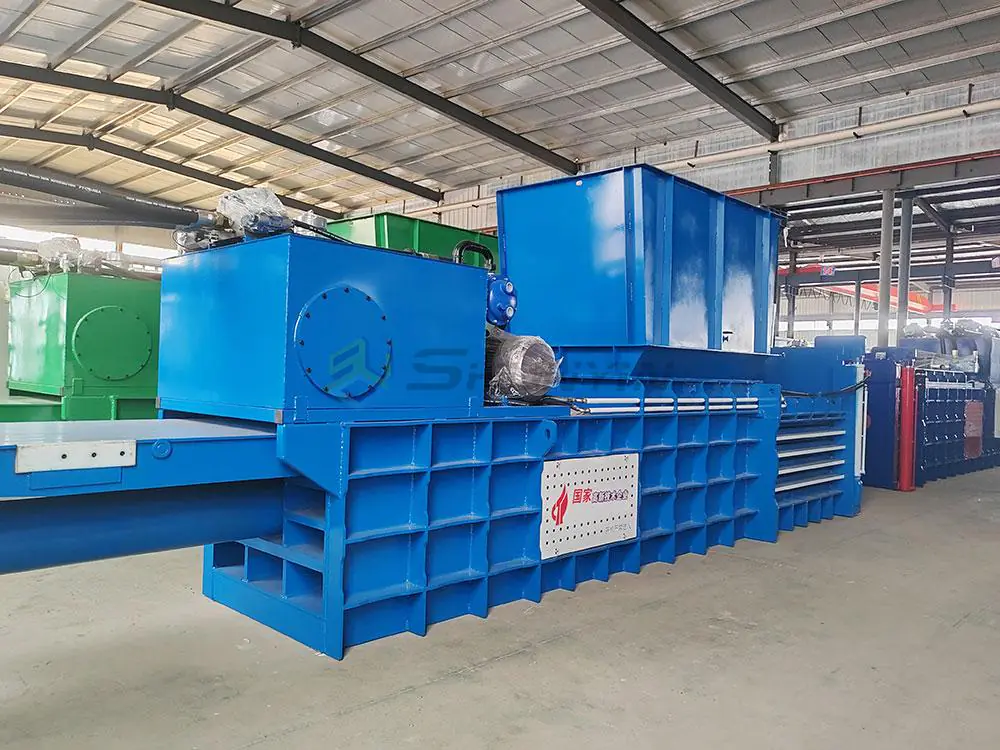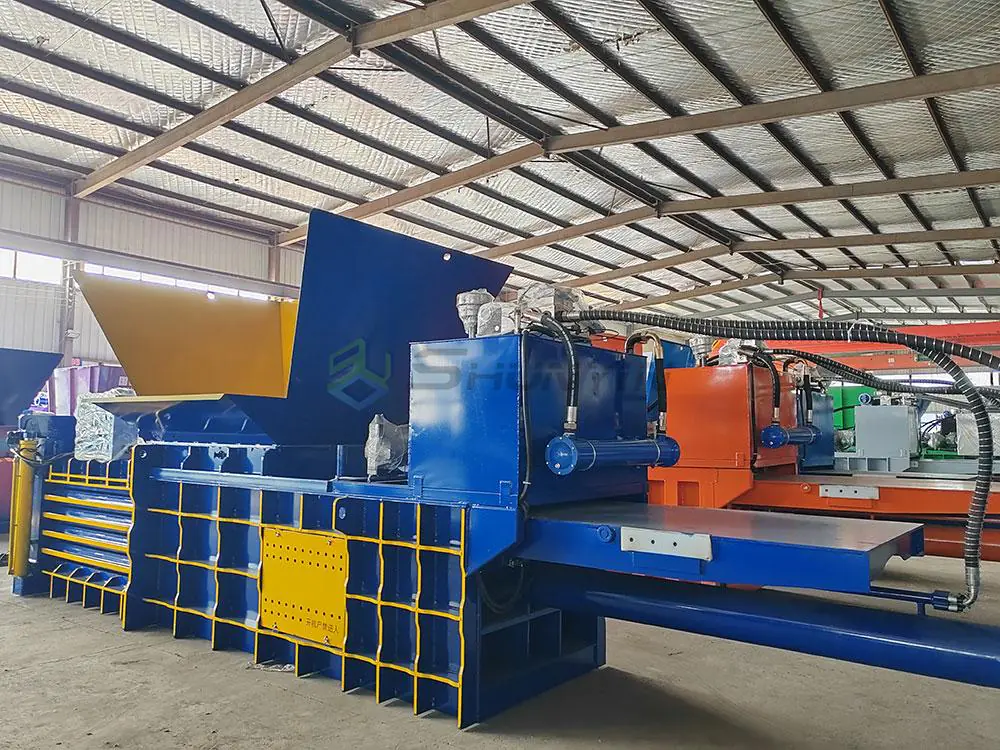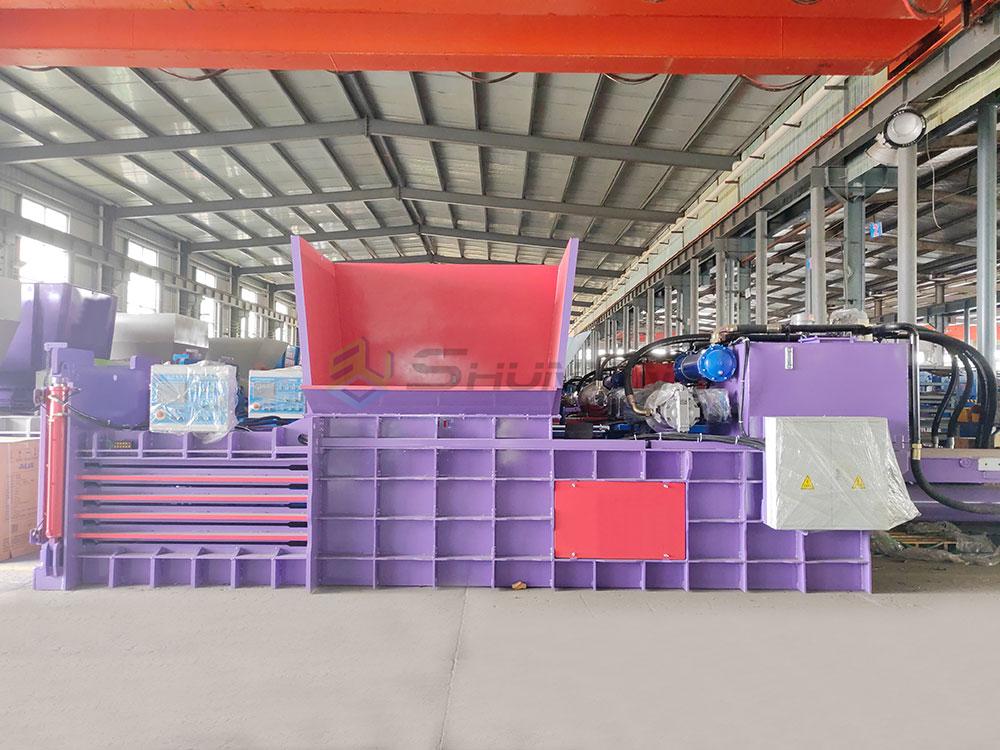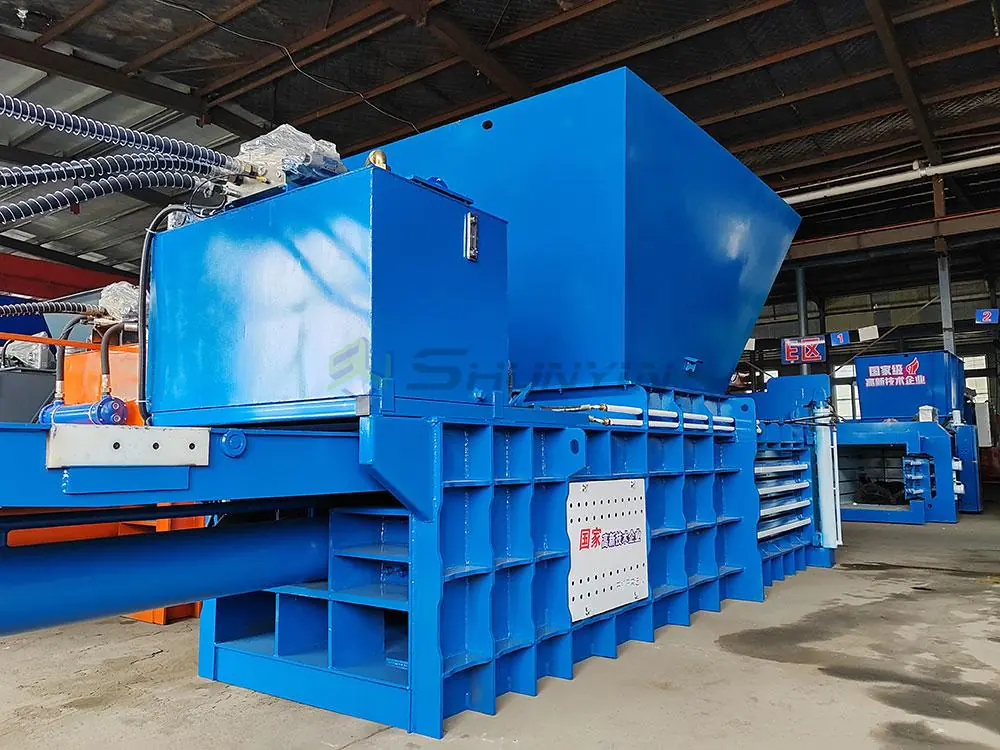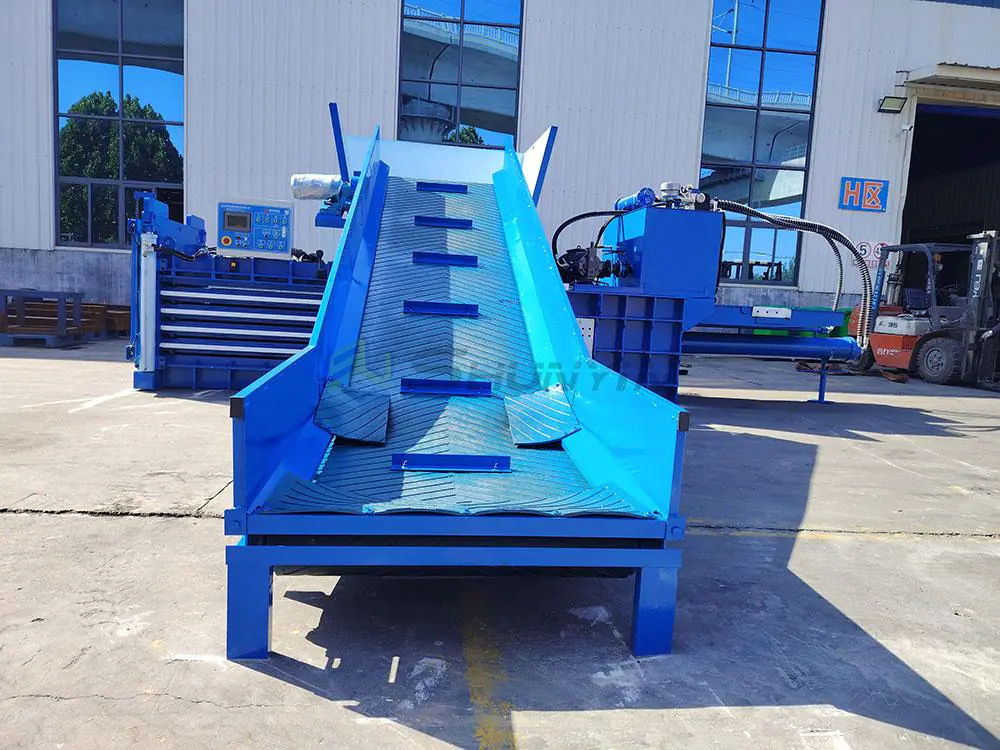
Last year, we had to replace 12 hydraulic cylinders under warranty because a competitor used substandard steel. This taught me how hidden costs1 inflate total ownership expenses. Let’s decode pricing mysteries together.
Horizontal baler prices range from $28,000 to $450,000 depending on capacity. Quotes increase due to hidden transport/foundation costs ($15k-80k+), certification fees (ISO CE add 8-15%), after-sales support packages (18-25% of machine cost), and production customization (up to 40% premium). Our quotes include 3-year comprehensive coverage to prevent surprises.
Having delivered 163 balers to North America since 2020, I’ve identified four main cost traps. Let’s break down the components.
What is the average price of a baler?
A client nearly purchased a $35k baler until we found its 60kW motor would double their electricity bills. True costs go beyond sticker prices:
Standard horizontal baler pricing: Entry-level (20-30T/day) $42k-75k, Mid-range (30-50T/day) $85k-140k, High-capacity (50-80T/day) $150k-300k, Custom systems $320k+. Our 2023 client data shows 73% of "cheap" quotes required $28k+ in upgrades within 18 months.

| Breakdown of typical hidden costs: | Cost Category | Entry Model | Production Model | Custom Solution |
|---|---|---|---|---|
| Shipping | $4,800 | $12,000 | $28,500 | |
| Installation | $3,200 | $8,500 | $15,000 | |
| Safety Modifications | $1,500 | $7,200 | $18,000 | |
| Year 1 Maintenance | $2,800 | $6,500 | $12,000 |
Three critical questions to ask suppliers:
- "What’s included in FOB pricing?"
- "What certifications come standard?"
- "What’s the 5-year maintenance forecast?"
Our Singapore clients save 19% annually through our all-inclusive packages. Request transparent pricing.
What is the difference between a vertical baler and a horizontal baler?
We converted 22 facilities from vertical to horizontal systems last quarter – the ROI surprised even us:
Horizontal balers cost 3-5× more upfront ($45k vs $15k vertical) but deliver 8-12× higher throughput. Operational cost differences emerge through labor needs (horizontal requires 1/3 staff), energy consumption (vertical uses 65% more power/ton), and maintenance (horizontal intervals are 2× longer).

| Total 5-year ownership comparison (based on 30T/day operation): | Metric | Vertical | Horizontal | Savings |
|---|---|---|---|---|
| Initial Investment | $28,000 | $89,000 | – | |
| Energy Costs | $112,500 | $52,800 | $59,700 | |
| Labor | $324,000 | $86,400 | $237,600 | |
| Maintenance | $43,200 | $21,600 | $21,600 | |
| Residual Value | $3,500 | $32,000 | $28,500 | |
| Net Cost | $503,700 | $213,800 | $289,900 |
This explains why 82% of our industrial clients transition to horizontal systems. Need help calculating your savings? Use our comparison tool.
What is the cost of car baler?
When a Texas scrapyard’s cheap car baler collapsed under a Mercedes engine block, we rebuilt their system for 40% less than local quotes:
Car balers range from $280k for basic ELV processors to $1.2M+ for AI-powered systems. Key components impacting cost: compression force (minimum 2500psi), feed opening size (≥3.5m width), and safety features (emergency stops add 12-18%). Our car baler packages average $415k with 5000psi capability.

| Cost breakdown for mid-range system: | Component | % of Total | Cost Range |
|---|---|---|---|
| Main Frame | 22% | $78k-110k | |
| Hydraulic System | 31% | $115k-160k | |
| Control System | 18% | $65k-92k | |
| Safety Features | 14% | $52k-73k | |
| Tooling | 15% | $56k-78k |
Three cost-saving strategies we implement:
- Modular frame designs (15% cheaper replacement)
- Regenerative hydraulic circuits (12% energy saving)
- Dual-circuit emergency systems (cuts downtime 40%)
Get our car baler checklist to avoid overpaying for unneeded features.
What is the useful life of a baler?
Our oldest operational baler has processed 680,000 tons since 2008 – longevity comes from smart design:
Properly maintained horizontal balers2 last 12-25 years. Lifespan extenders include hardened steel rams (add 5-7 years), oil cooling systems (prevent 38% of premature wear), and IoT monitoring (catch 92% of issues early). Our machines average 18-year service life with 97% availability.
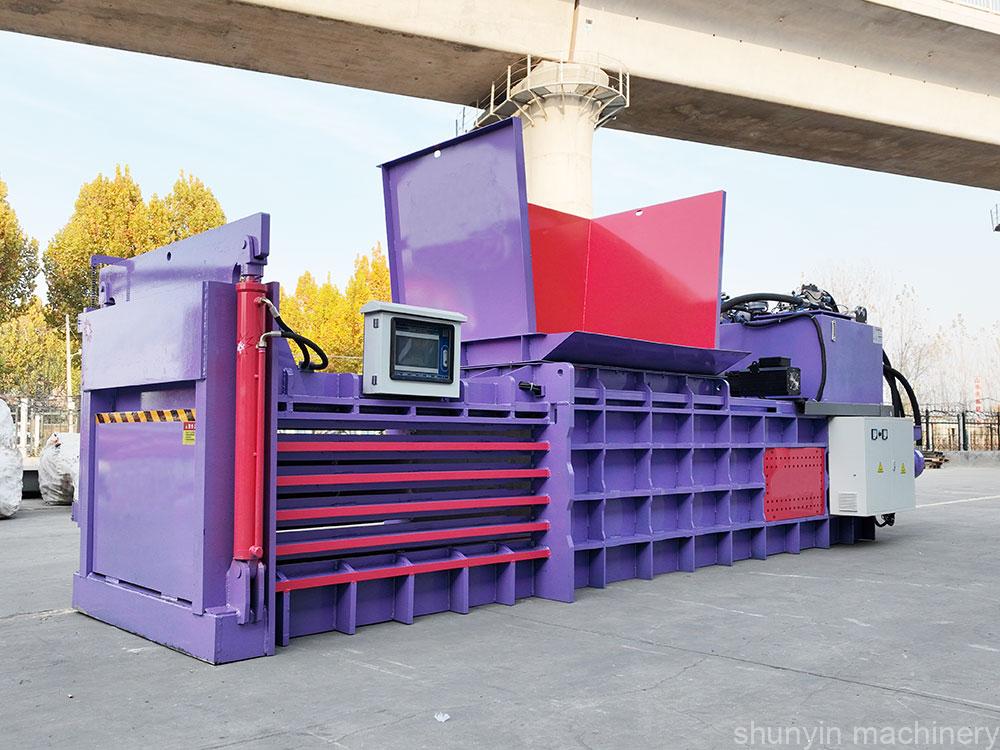
| Maintenance impact on longevity: | Maintenance Level | Annual Cost | Expected Lifespan | Downtime/Yr |
|---|---|---|---|---|
| Reactive | $5,200 | 8-10 years | 18 days | |
| Preventative | $12,000 | 12-15 years | 6 days | |
| Predictive | $21,500 | 18-25+ years | <2 days |
We provide free lifespan calculators showing how proper maintenance delivers 150-280% ROI. Connect with our engineers for your equipment longevity plan.
Conclusion
True baler costs reflect engineering quality and supplier transparency. As we expand our Houston service center, we’re committed to upfront pricing with lifetime cost guarantees. Don’t gamble on incomplete quotes – request our detailed cost breakdown today.


